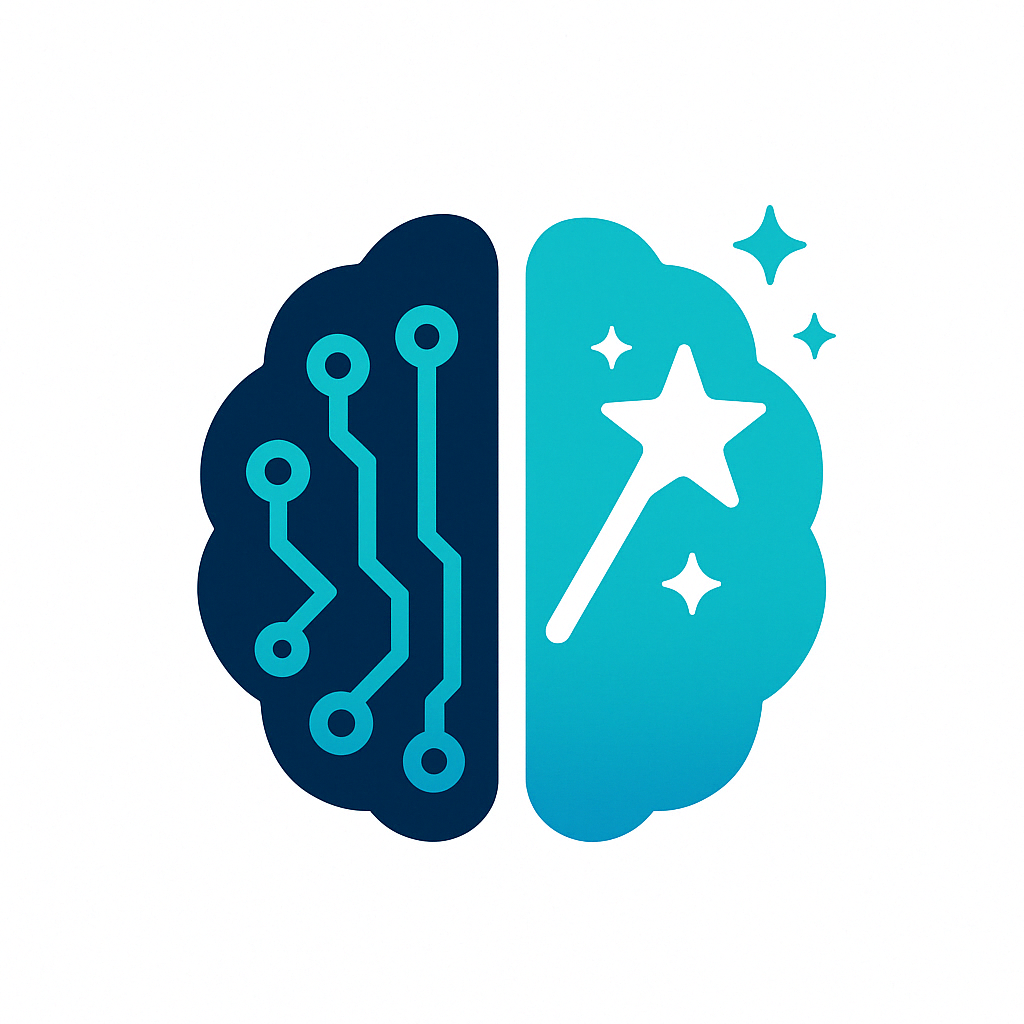Explore Cutting-Edge AI Research!
Stay informed with the latest research on Artificial Intelligence and consumer behavior. Here you can access our publications and contribute your own.
Featured Research
- Lower Artificial Intelligence Literacy Predicts Greater AI Receptivity – Journal of Marketing (Tully, Longoni, and Appel 2025)

People with lower AI literacy tend to perceive AI as magical and feel more awe toward AI, making them more receptive to AI-driven products
https://journals.sagepub.com/doi/abs/10.1177/00222429251314491 - Generative AI has an intellectual property problem – Harvard Business Review (Appel, Neelbauer, and Schweidel 2023)
Generative AI’s rapid adoption raises critical legal challenges, especially around intellectual property rights, with unresolved questions on ownership, infringement, and fair use of AI-generated content.
https://hbr.org/2023/04/generative-ai-has-an-intellectual-property-problem - Artificial Intelligence in Utilitarian vs. Hedonic Contexts: The “Word-of-Machine” Effect – Journal of Marketing (Chiara, and Cian 2022)
Research identifies a “word-of-machine” effect where people prefer AI recommendations for utilitarian attributes but resist them for hedonic attributes, based on lay beliefs about AI’s competence in different domains.
https://journals.sagepub.com/doi/full/10.1177/0022242920957347
Pioneering Papers in AI: Research That Shapes AI Understanding
- Task-Dependent Algorithm Aversion – Journal of Marketing Research (Castelo, Bos, and Lehmann 2019)
Consumers resist using algorithms for subjective tasks but trust increases when tasks appear more objective or algorithms seem more human-like, despite algorithms often outperforming humans.
https://journals.sagepub.com/doi/full/10.1177/0022243719851788 - Algorithm aversion: people erroneously avoid algorithms after seeing them err – Journal of Experimental Psychology: General (Dietvorst, Simmons, and Massey 2015)
People lose confidence in algorithms more quickly than humans after seeing them make mistakes, leading to “algorithm aversion” where forecasters choose humans over superior algorithms.
https://psycnet.apa.org/fulltext/2014-48748-001.html - Artificial intelligence and consumer behavior: From predictive to generative AI – Journal of Business Research (Hermann, and Puntoni 2024)
AI’s impact on consumer behavior has evolved through algorithmic decision-making to GenAI, which divides into domain-specific Convergent Thinking and domain-general Divergent Thinking approaches, each presenting unique research opportunities.
https://www.sciencedirect.com/science/article/pii/S0148296324002248 - Global opinions about AI – January 2022 – Ipsos (2022)
Significant differences in AI attitudes based on economic development, with emerging countries showing greater knowledge, trust, and optimism about AI’s benefits compared to high-income nations, despite general agreement that AI will transform daily life.
https://www.ipsos.com/en/global-opinions-about-ai-january-2022 - Consumers and Artificial Intelligence: An Experiential Perspective – Journal of Marketing (Puntoni, Reczek, Giesler, and Botti 2021)
Research examines both the benefits and challenges of AI for consumers by identifying four experience types (data capture, classification, delegation, and social), bridging technical and sociological perspectives to address value gaps and guide future policy.
https://journals.sagepub.com/doi/full/10.1177/0022242920953847 - The AI Effect: People rate distinctively human attributes as more essential to being human after learning about artificial intelligence advances – Journal of Experimental Social Psychology (Santoro, and Monin 2023)
Research demonstrates an “AI Effect” where exposure to AI advances causes people to rate distinctively human attributes (like personality or beliefs) as more essential to human nature compared to attributes that AI can share.
https://www.sciencedirect.com/science/article/pii/S0022103123000215
Submit Your Research
Are you conducting research on AI and consumer behavior? Share your insights and findings with our community.
